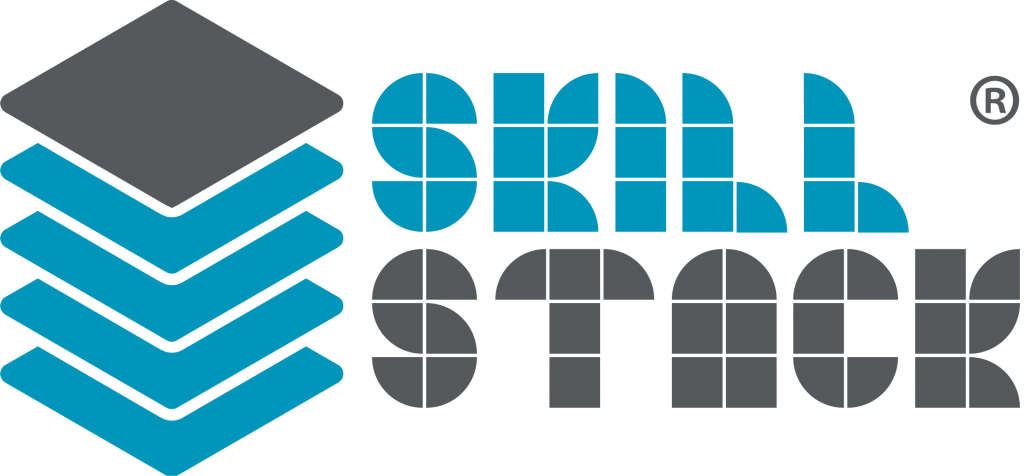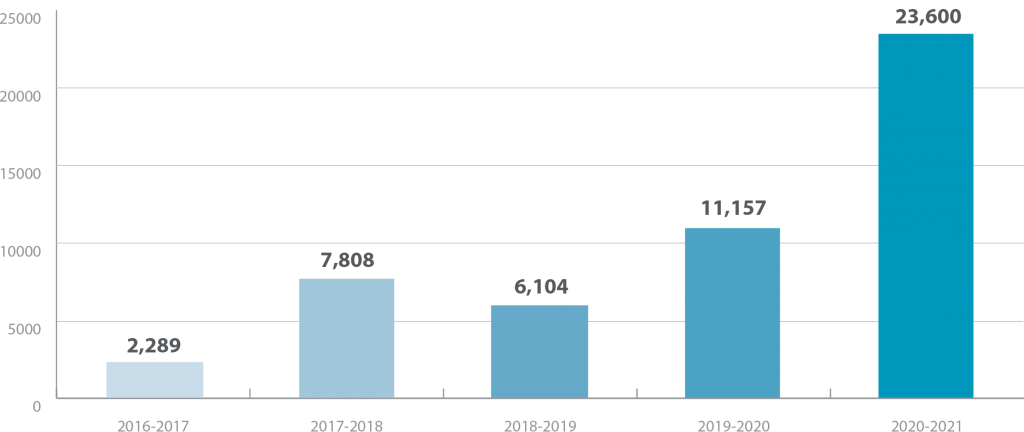SkillStack® and self-improvement are resident’s formula for success

Self-improvement has always been important to Daniel Dives. When Dives worked for Metro by T-Mobile, he always strove to become a better manager and salesperson. But it wasn’t until he read “Unlimited Power” by Tony Robbins and “The 7 Habits of Highly Effective People” by Stephen Covey that he unlocked his potential and realized that business wasn’t about increasing your sales or moving product; it was about developing yourself spiritually, mentally, and physically and teaching others to do the same.
It’s no surprise that Dives was one of 169 unique learners who earned the stacked Administrative Functions microcredential in SkillStack® last year. What is surprising is that he earned it at the Idaho State Correctional Center in Kuna.
Dives is one of 2,777 residents of the Idaho Department of Correction (IDOC) taking advantage of the opportunity to learn industry-recognized credentials and certifications while in residence in 2021. IDCTE partners with IDOC and Workforce Training Centers at each technical college to validate the credentials residents earn.
“Residents can leverage the skills they’re learning to transition to the workforce,” said Taylor Stump, IDCTE’s SkillStack® and performance management coordinator. “Because the credits are transcribed through the technical colleges—and because they’re demonstrating skills aligned with industry standards and credentials—they have a lot of credibility that can help residents upon reentry.”
In addition to learning skills he can use to pursue his career goals upon his release, the classes Dives has taken while in residence have also helped him build his self-confidence. Dives, who has an associate degree in criminal justice, never learned to use Microsoft Office programs, so he’d skip classes if he had to use PowerPoint or wouldn’t speak up in meetings if he had to present.
“When I worked at Metro, we had to run reports two or three times a week. I didn’t know how to create a report, so a lot of things didn’t look right, but they let me wing it because I was good at other things,” said Dives. “As a manager, I’d have rather had my reports look more professional. Had I known then what I know now, I’d have been more confident going to a meeting and saying, ‘This is what I think.’ Before, I would’ve stayed in the background a bit more because I wasn’t confident enough to put myself forward.”
Though Dives has always known he wanted to be an entrepreneur, he’s also taken electrical wiring, electrical systems, and masonry courses through IDOC.
“I wasn’t really planning on going into construction, but it was something positive to do. I like learning, and I like the educational environment,” said Dives. “if you’re going to take classes, you might as well give it your all.”
Daniel Dives
Dives found he liked the hands-on nature of the construction classes and even earned certifications in electrical wiring, electrical systems technology and masonry from the National Center for Construction Education and Research.
“These classes helped me realize I have options and be more open-minded about my future,” said Dives. “There are some guys who’ve been released and come back three times in the five years I’ve been here, and it’s because they don’t have any plans. They don’t have any plans because they don’t think they can do something different. But when you start to realize you are intelligent, you realize you can do these things. You can take these classes. You can have a different future.”
Statewide summary: Over 18,000 students have earned microcredentials

 Official Government Website
Official Government Website